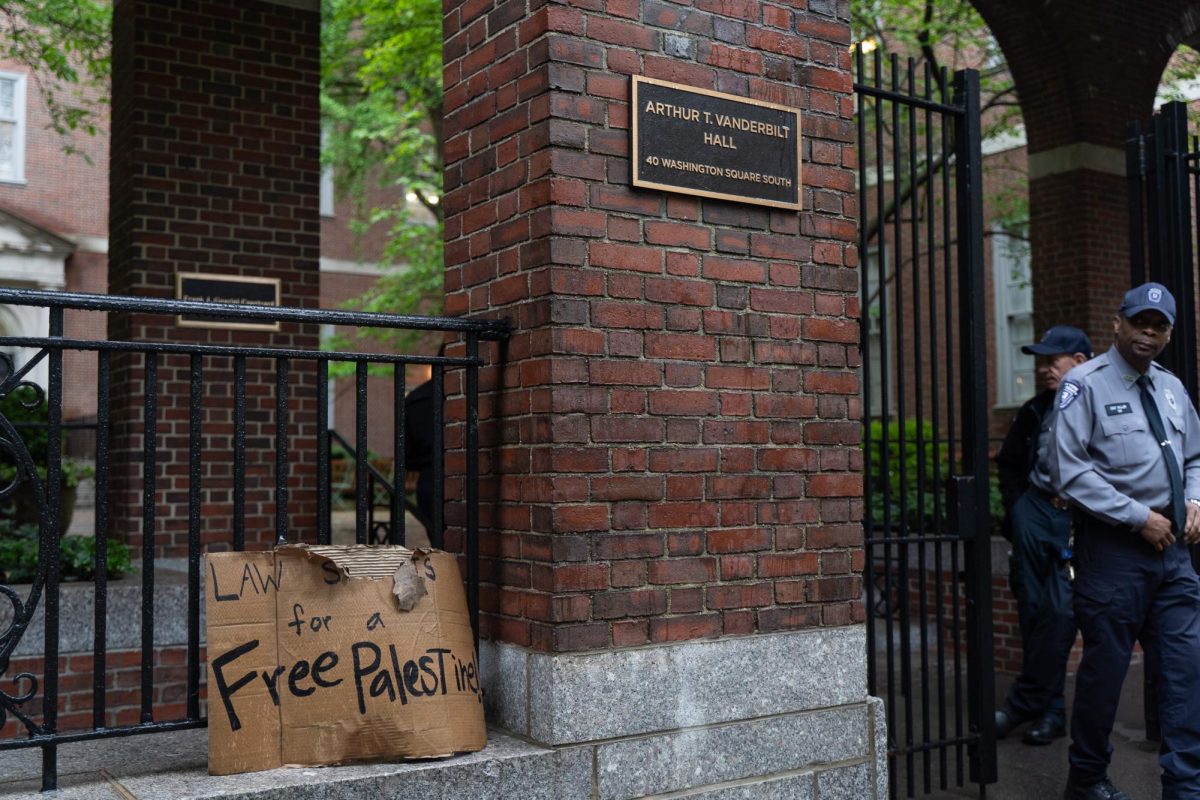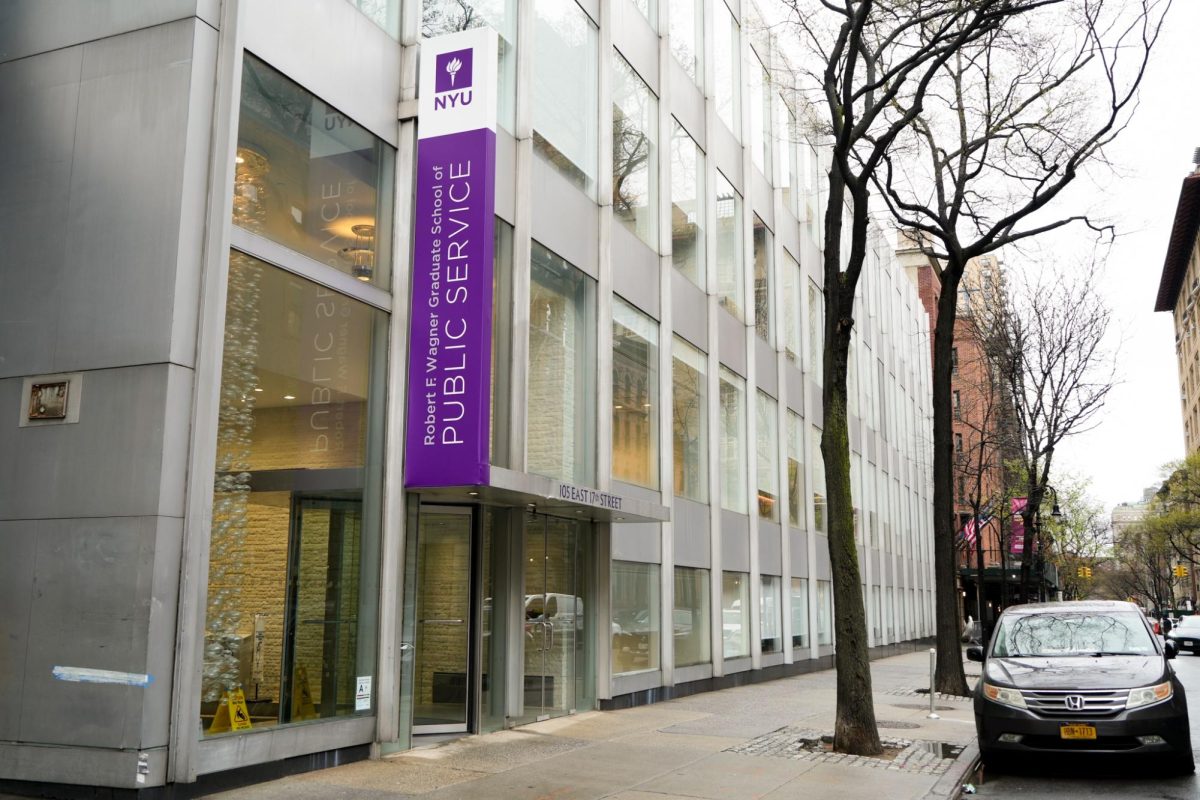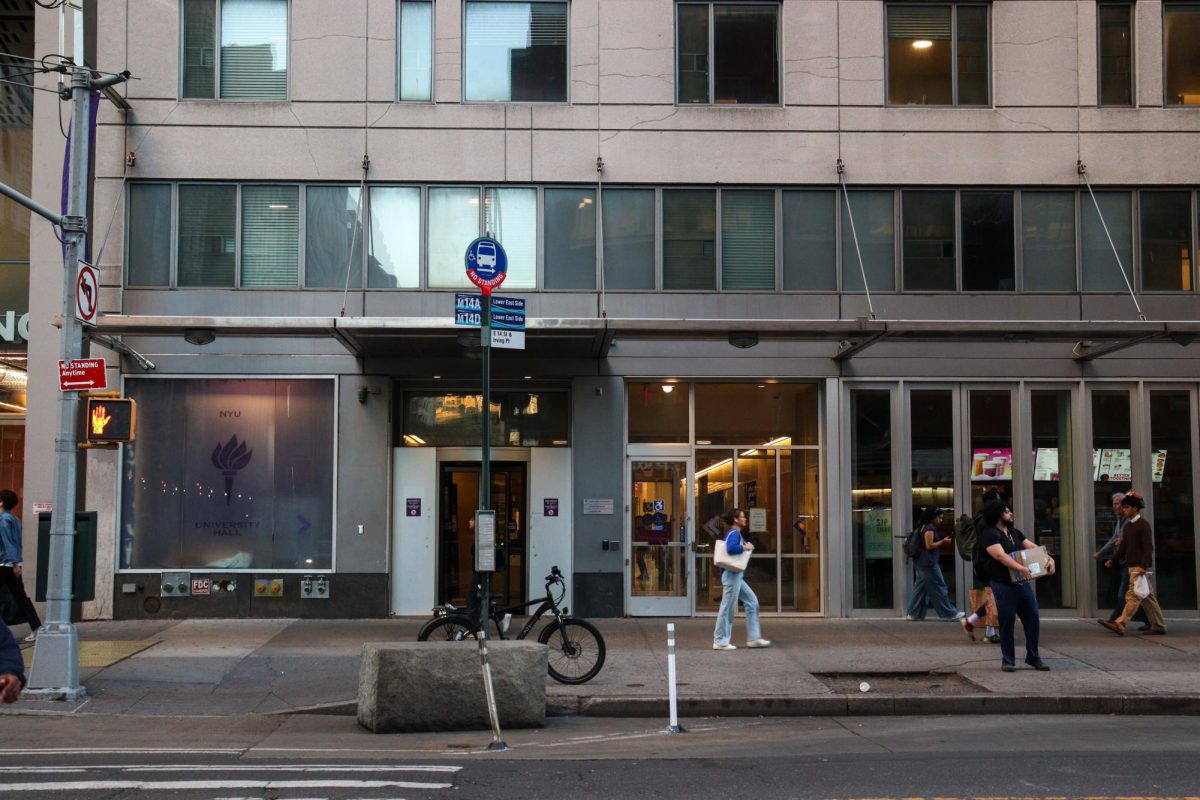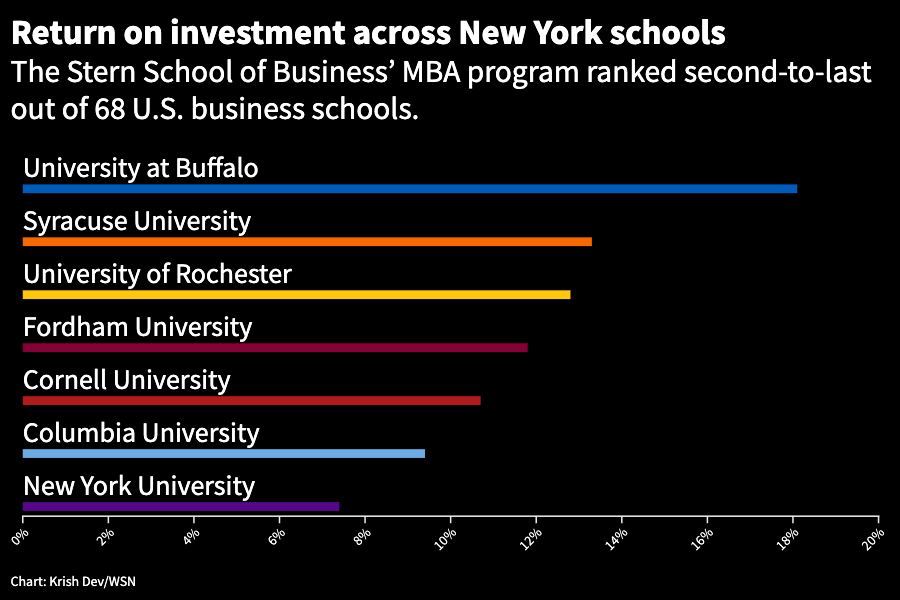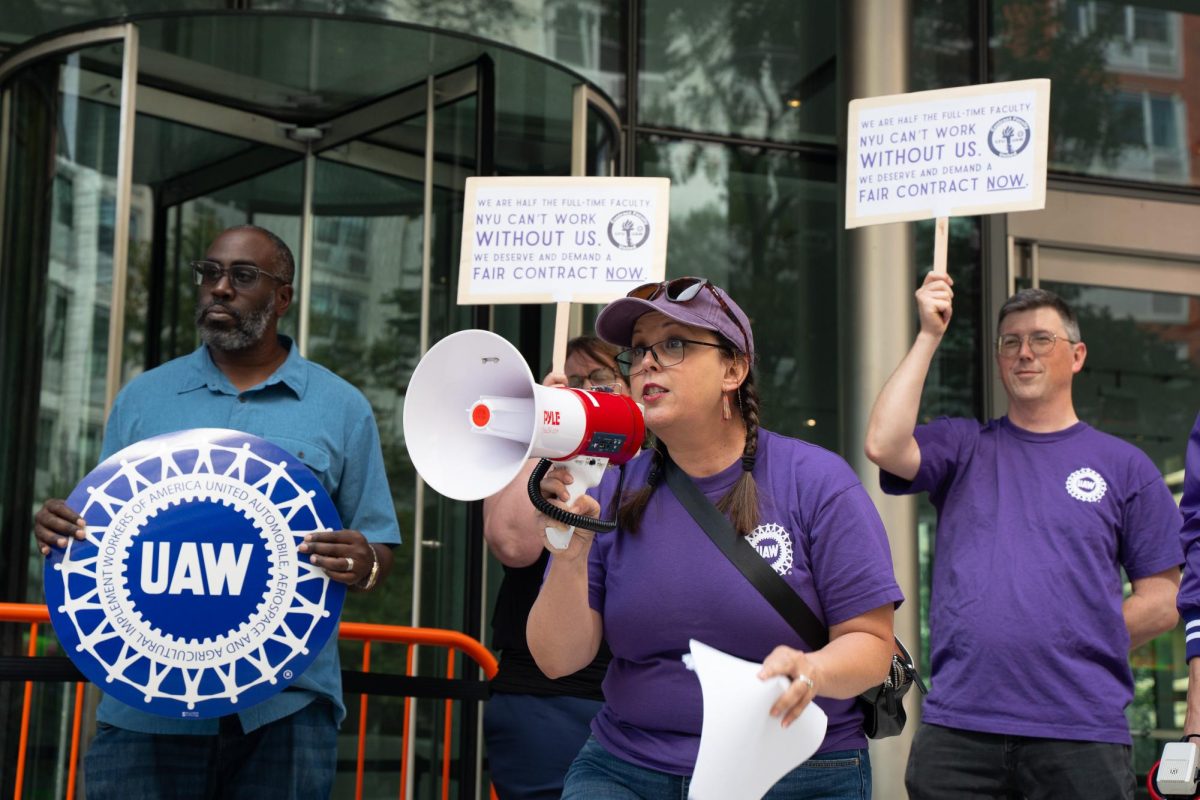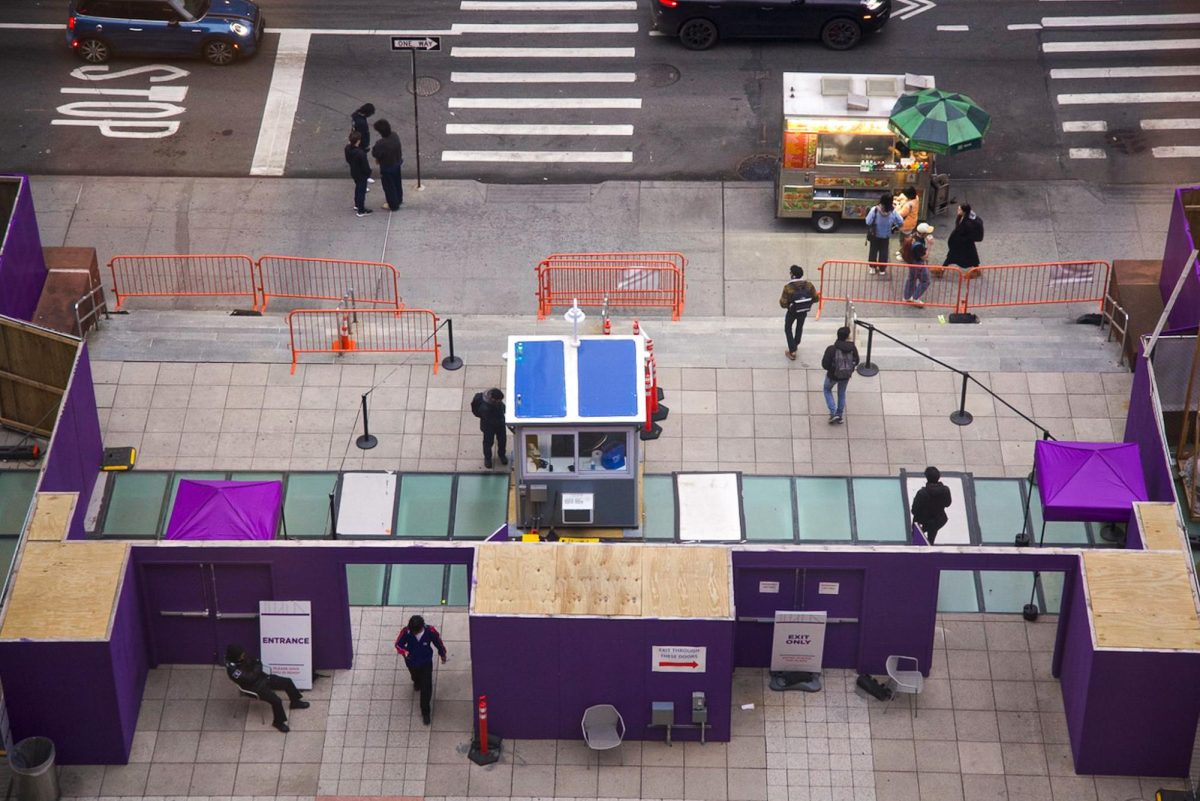Amid a worsening overdose crisis in New York City, health care providers have worked with over 500 schools and community programs to hold drug and alcohol education courses through NYU Langone Health’s Prevention Education Partnership. Last month, NYU Langone received a $600,000 grant from the Anthem Blue Cross and Blue Shield Foundation to help sustain PEP for the next three years.
Larissa Laskowski, an emergency medicine physician at NYU Langone, founded PEP with her mentor Lewis Goldfrank and colleague Aaron Hultgren. In an interview with WSN, Laskowski said that she was inspired to create the program after witnessing a college student fall into a coma due to an alcohol overdose.
“What we’re trying to do is to change the way that we talk about drugs and alcohol with young people,” Laskowski said. “If everyone felt more open, honest and comfortable talking about drugs — illegal drugs and prescription drugs — then everyone would benefit.”
The program facilitates discussions — coined PEP Talks — between students and medical professionals to present tactics to recognize and treat substance abuse. PEP offers four pre-designed curriculums about fentanyl, alcohol and Xanax, marijuana, and nicotine. Health care providers discuss real examples of substance abuse cases, hold Q&A sessions with students and conduct hands-on activities such as comparing the alcohol-by-volume content across different alcohols.
Essex Street Academy, a public high school on the Lower East Side, regularly holds PEP Talks to both sustain its drug and alcohol curriculum and to include a professional’s perspective on specific issues, depending on the student body’s needs. Jackson Shafer, a teacher at the school, was one of the first to host a PEP Talk. Since then, the initiative has provided over 600 PEP Talks to more than 17,000 people.
“The most valuable part was the Q&A,” Shafer said in an interview with WSN. “That was wild because you would just realize the real misconceptions they had, and it was so meaningful and powerful for the students to be able to actually ask an emergency room doctor about what they were witnessing.”
In January, New York City passed a law requiring all schools to carry naloxone, a medication used for the emergency treatment of opioid overdose — a law that Laskowski said PEP has been advocating for for years. PEP now provides training on how to administer naloxone as a hands-on activity during fentanyl-focused PEP Talks.
In appraisals of the program, Shafer cited survey data from students, who consistently said they were less inclined to consider using substances after PEP training, adding that he was surprised by students’ willingness to ask questions about their own experiences. Shafer referenced an incident in which a student used a lesson from a PEP Talk when he was hospitalized a week after it.
“He asked them not to give him addictive opioids for painkillers because he didn’t want to have that experience,” Shafer said. “It was a really amazing example in an overwhelming way of how that education immediately was put into use.”
Contact Audrey Abrahams at [email protected].

